The New Zealand Labour Party, also known simply as Labour, is a centre-left political party in New Zealand. The party's platform programme describes its founding principle as democratic socialism, while observers describe Labour as social democratic and pragmatic in practice. The party participates in the international Progressive Alliance. It is one of two major political parties in New Zealand, alongside its traditional rival, the National Party.

Sir Michael John Cullen was a New Zealand politician. He was a Member of the New Zealand House of Representatives from 1981 to 2009, the Deputy Leader of the New Zealand Labour Party from 1996 to 2008 and a senior minister in the Fifth Labour Government from 1999 to 2008, serving as Deputy Prime Minister, Minister of Finance, and Attorney-General.

David Henry Benson-Pope is a New Zealand politician. He is a former Member of Parliament for Dunedin South and has been a member of the Dunedin City Council since 2013.

David Richard Cunliffe is a New Zealand management consultant and former politician who was Leader of the New Zealand Labour Party and Leader of the Opposition from September 2013 to September 2014. He was Member of Parliament (MP) for Titirangi and then New Lynn for the Labour Party between 1999 and 2017. He served as the Minister of Health, Minister for Communications and Information Technology and Minister of Immigration for the Fifth Labour Government of New Zealand from October 2007 until November 2008.

David William Parker is a New Zealand lawyer, businessman and politician who has been a Labour Party Member of Parliament since 2002.
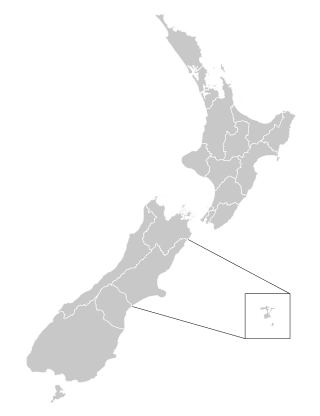
District health boards (DHBs) in New Zealand were organisations established by the New Zealand Public Health and Disability Act 2000 under the Fifth Labour Government, responsible for ensuring the provision of health and disability services to populations within a defined geographical area. They existed from 1 January 2001, when the act came into force, to 30 June 2022. Initially there were 21 DHBs, and this was reduced to 20 organisations in 2010: fifteen in the North Island and five in the South Island. DHBs received public funding from the Ministry of Health on behalf of the Crown, based on a formula that took into account the total number, gender, age, socio-economic status and ethnic mix of their population. DHBs were governed by boards, which were partially elected and partially appointed by the minister of Health.

Dunedin Hospital is the main public hospital in Dunedin, New Zealand. It serves as the major base hospital for the Otago and Southland regions with a potential catchment radius of roughly 300 kilometres, and a population catchment of around 330,000.
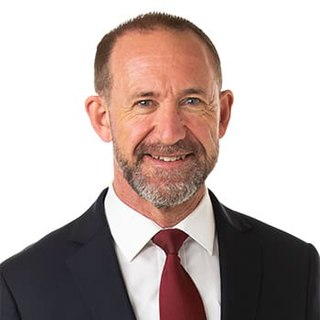
Andrew James Little is a New Zealand lawyer, former politician and former trade union official. He was Leader of the Labour Party and Leader of the Opposition from 2014 to 2017 and a senior minister in the Labour governments led by Jacinda Ardern and Chris Hipkins from 2017 to 2023, including as Minister for Treaty of Waitangi Negotiations, Minister of Justice, Minister of Health and Minister of Defence.

Grant Murray Robertson is a retired New Zealand politician and member of the Labour Party who served as the Minister of Finance from 2017 to 2023, as Minister of Foreign Affairs in November 2023, and as the 19th Deputy Prime Minister of New Zealand from 2020 to 2023. He was the member of Parliament (MP) for Wellington Central from 2008 to 2023.
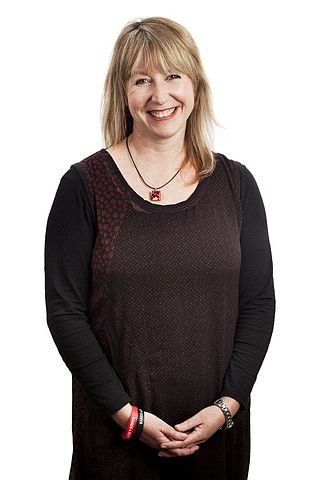
Clare Elizabeth Curran is a New Zealand former politician who served as a member of the New Zealand Parliament for Dunedin South from 2008 to 2020. She was the Minister of Broadcasting, Communications, and Digital Media and Associate Minister for the Accident Compensation Corporation in the Sixth Labour Government of New Zealand. Curran retired from politics at the 2020 general election.

Michael Allan Woodhouse is a New Zealand healthcare chief executive and former politician. He was a Member of Parliament for the National Party from 2008 to 2023.

Christopher John Hipkins is a New Zealand politician who has been serving as leader of the New Zealand Labour Party since January 2023 and leader of the Opposition since November 2023. He was the 41st prime minister of New Zealand from January to November 2023, previously serving as the minister for the public service and minister for education from 2017 to 2023, and the minister for health and the COVID-19 response from 2020 to 2022. He has been the member of Parliament (MP) for Remutaka since the 2008 general election.

Dame Jacinda Kate Laurell Ardern is a New Zealand politician who served as the 40th Prime Minister of New Zealand and leader of the Labour Party from 2017 to 2023. She was a member of Parliament (MP) as a list MP from 2008 to 2017 and for Mount Albert from 2017 to 2023.
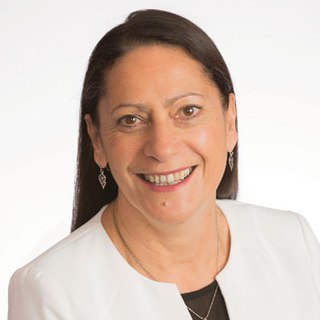
Munokoa Poto Williams is a New Zealand Labour Party politician and a member of Parliament. She was elected in a 2013 by-election and served as Minister of Conservation and Minister for Disability Issues in the Sixth Labour Government.
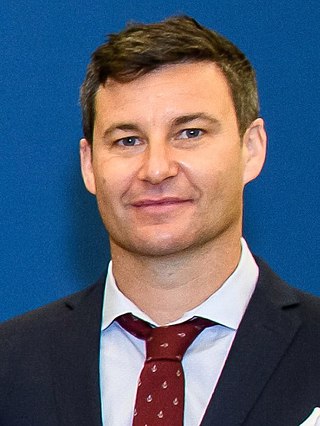
Clarke Timothy Gayford is a New Zealand radio and television broadcaster, presenter of the fishing documentary show Fish of the Day. He is the husband of Jacinda Ardern, who was prime minister of New Zealand from October 2017 to January 2023.

The Sixth Labour Government governed New Zealand from 26 October 2017 to 27 November 2023. It was headed first by Jacinda Ardern and later by Chris Hipkins, as Labour Party leader and prime minister.
Heather Simpson is a New Zealand civil servant who was chief of staff for Prime Minister of New Zealand Helen Clark for nine years and who worked with Clark for more than 20 years.
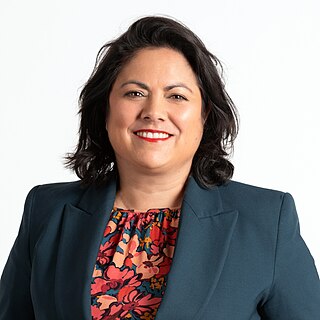
Ayesha Jennifer Verrall is a New Zealand politician, infectious-diseases physician and researcher with expertise in tuberculosis and international health. Since 2020 she has been a Member of the New Zealand House of Representatives for the Labour Party.
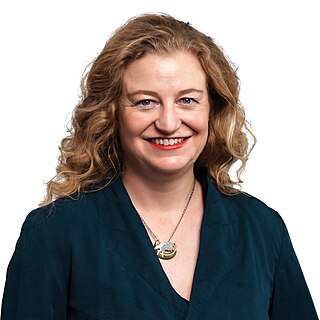
Rachel Jane Brooking is a New Zealand Labour Party politician and Member of Parliament who served as the Minister for Oceans and Fisheries and Minister for Food Safety in the Sixth Labour Government. She first became an MP at the 2020 New Zealand general election. She is a lawyer by profession.


















